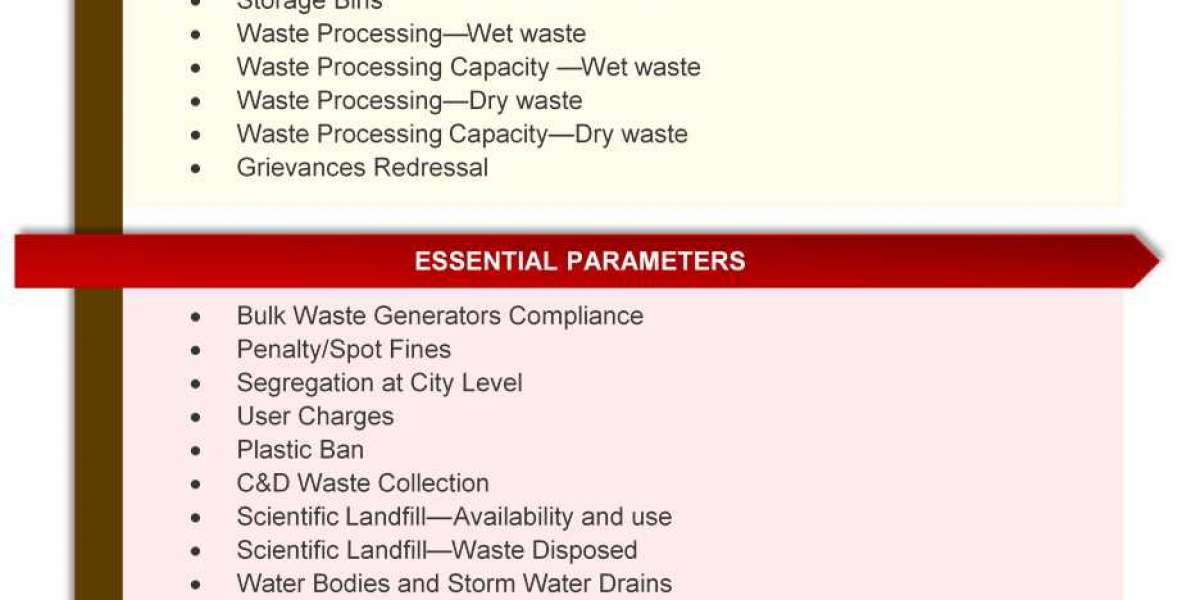Maintaining a beautiful garden often involves battling pests that can damage plants and crops. While chemical pesticides may offer a quick fix, they can also harm the environment, wildlife, and beneficial insects like bees and ladybugs. Fortunately, there are many natural solutions for garden pest problems that are both effective and eco-friendly. By using natural methods, gardeners can protect their plants while promoting a healthier, more sustainable environment.
One of the first steps in using natural pest control is promoting biodiversity in your garden. A diverse garden with a variety of plants will naturally attract beneficial insects, birds, and other wildlife that can help keep harmful pests in check. For example, planting flowers like marigolds or lavender can attract predatory insects such as ladybugs and lacewings, which feed on aphids and other garden pests. This creates a natural balance that reduces the need for harmful chemicals.
Another effective natural solution for garden pest problems is using insecticidal soap. This organic solution is made from plant oils and fatty acids and is safe for most plants. It works by suffocating soft-bodied pests like aphids, spider mites, and whiteflies. Insecticidal soap is gentle enough to use on your garden’s flowers, vegetables, and herbs, making it a great choice for organic gardeners who want to avoid synthetic chemicals.
Companion planting is another Organic gardening methods that can naturally reduce pest populations. Certain plants, when grown together, can repel pests or even attract beneficial insects. For example, planting garlic or onions alongside carrots can help deter carrot flies. Similarly, basil planted near tomatoes can keep aphids and other pests at bay, while also enhancing the flavor of the tomatoes.
Diatomaceous earth is a naturally occurring substance that can also be used to control pests. It’s made from fossilized remains of aquatic organisms and is harmless to humans, pets, and plants. When sprinkled around the garden, diatomaceous earth works by dehydrating and damaging the exoskeletons of pests like ants, slugs, and beetles. It’s an ideal option for gardeners looking for a safe and non-toxic solution to pest problems.
Incorporating these natural solutions for garden pest problems into your gardening routine will help you create a healthier, more sustainable garden. By combining organic gardening methods with mindful pest control, you’ll encourage a balanced ecosystem that benefits both your plants and the environment.














